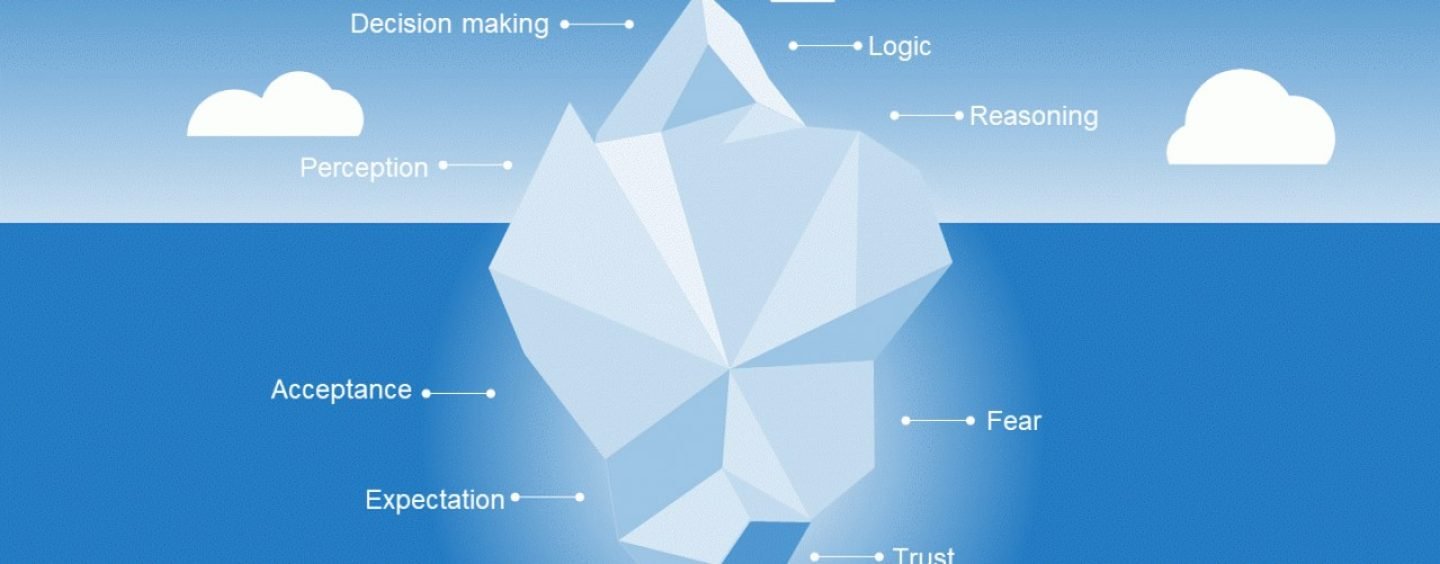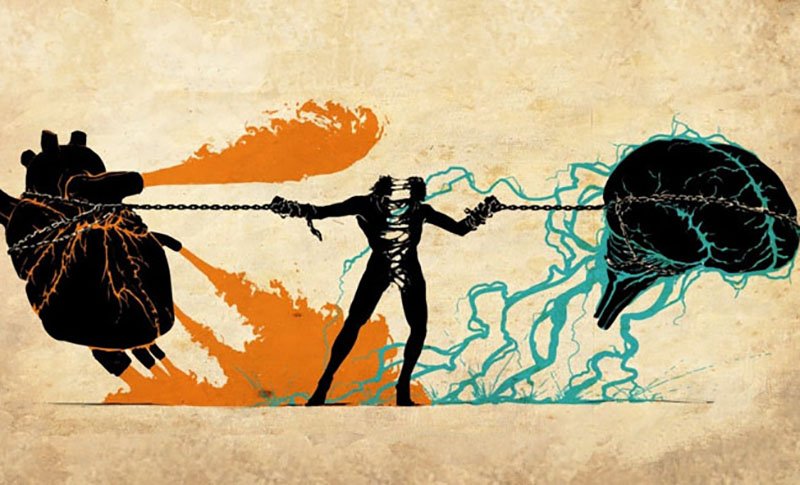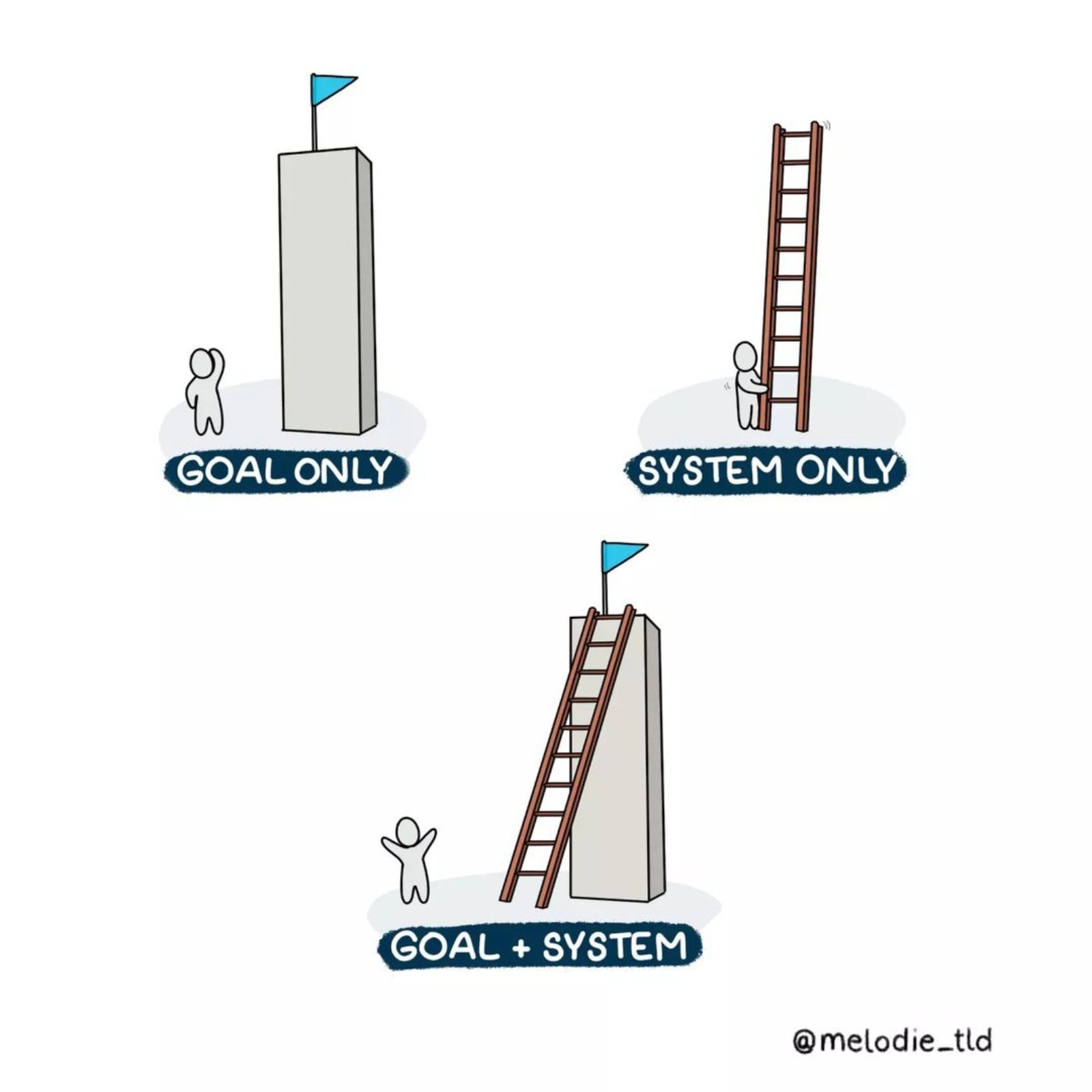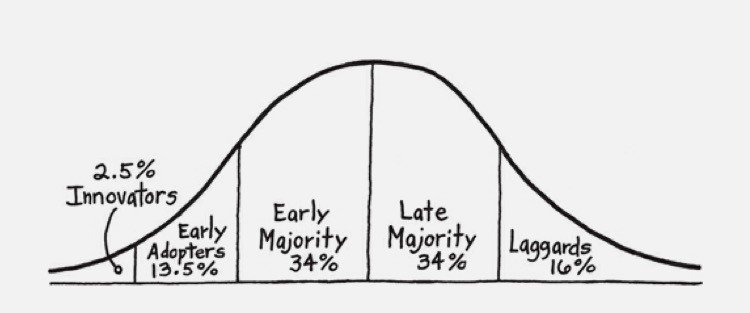What is the Commodity Trap?
When customers perceive your product or service as being identical regardless of the source, in other words, a commodity; the only differentiating factor then becomes price. Therefore, a commodity trap is a situation where products and services have slipped into purely price-based competition. And this is a bad thing because it means customers will go for the cheapest option, and this will force brands to compete on price.
Contact me via e-mail for a segmentation review of your marketing or branding strategy, and stop your customers asking the following questions when they see your product offering:
- What is it?
- How does it work?
- How is it different?
- And how much does it cost?






















